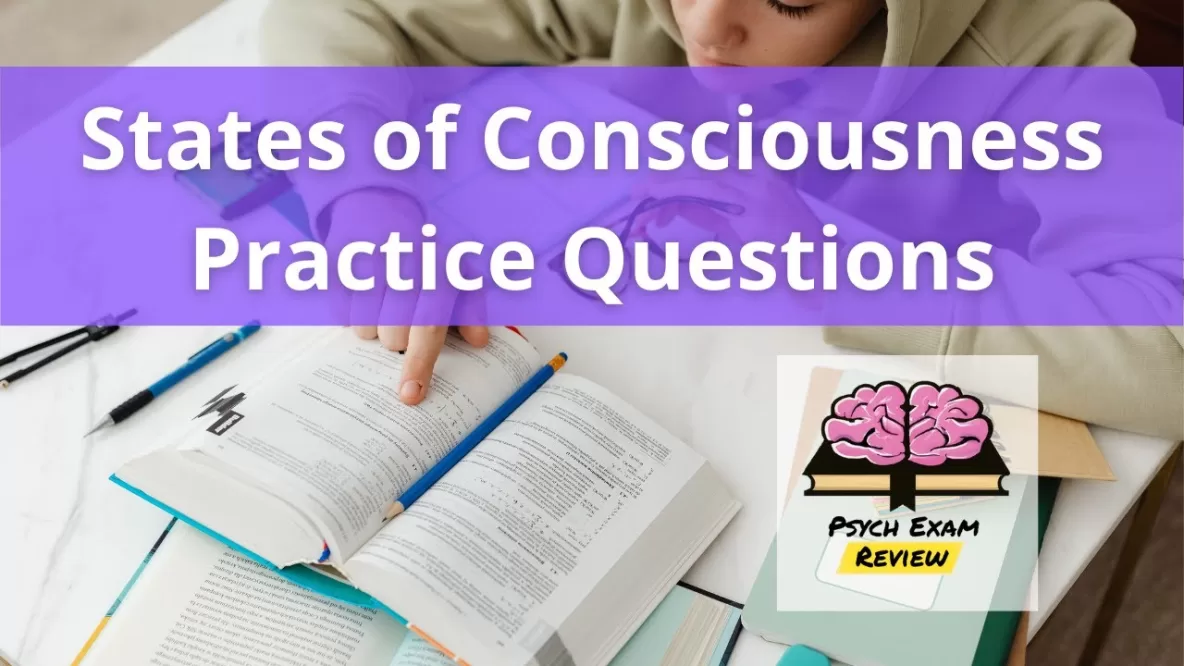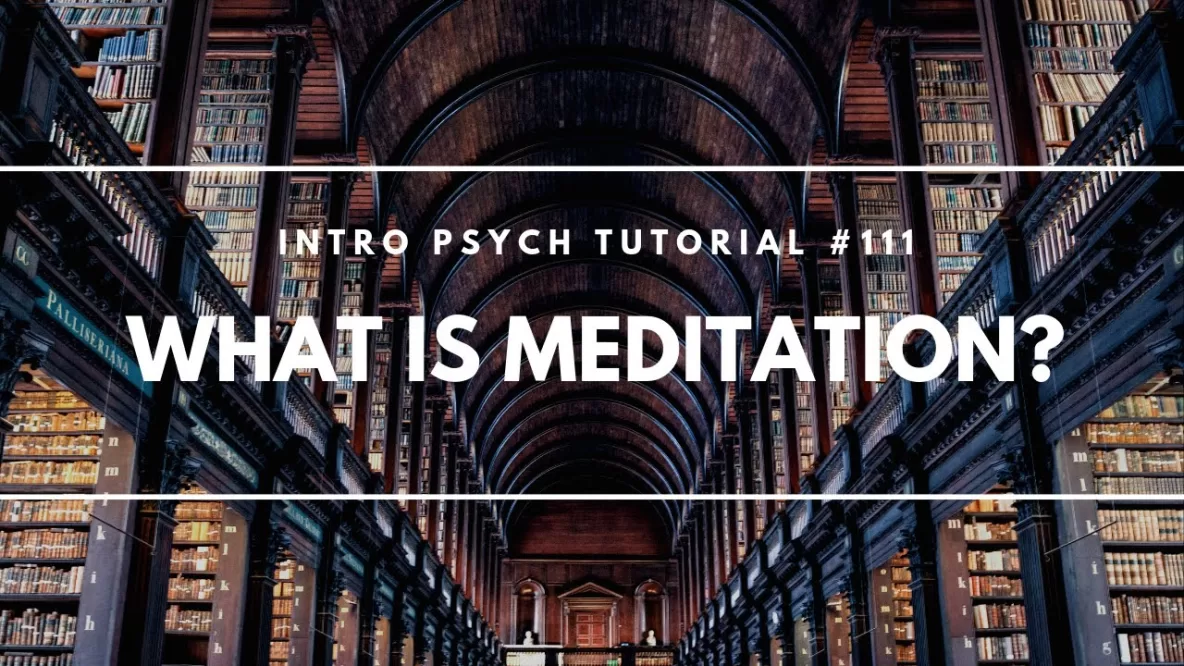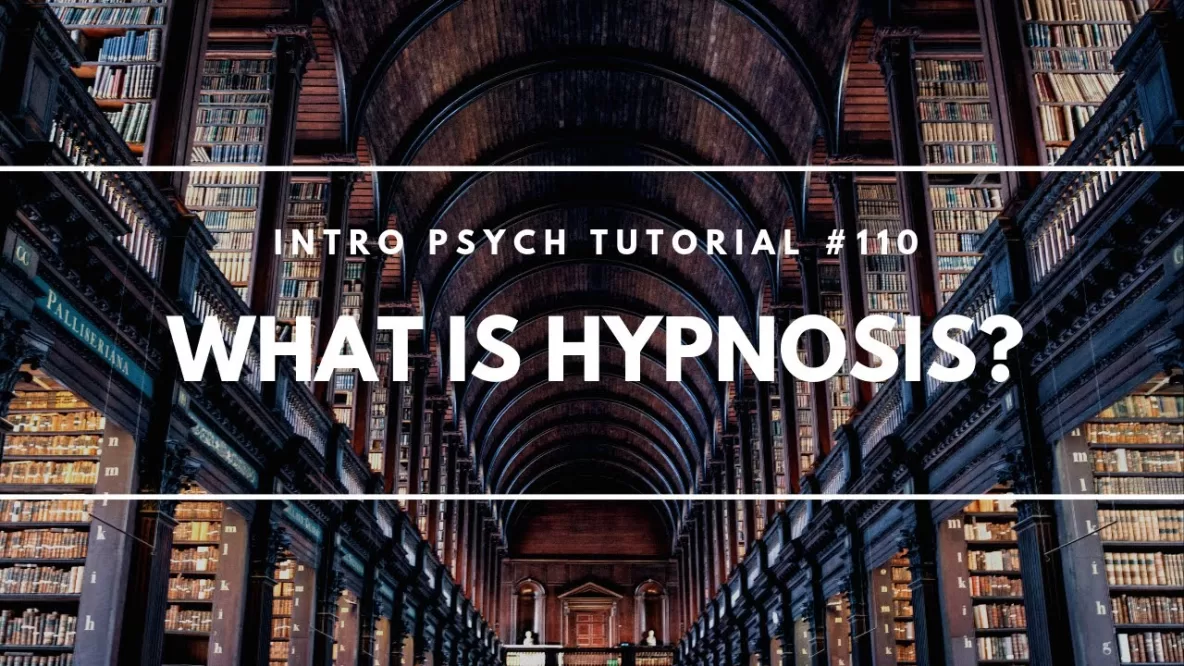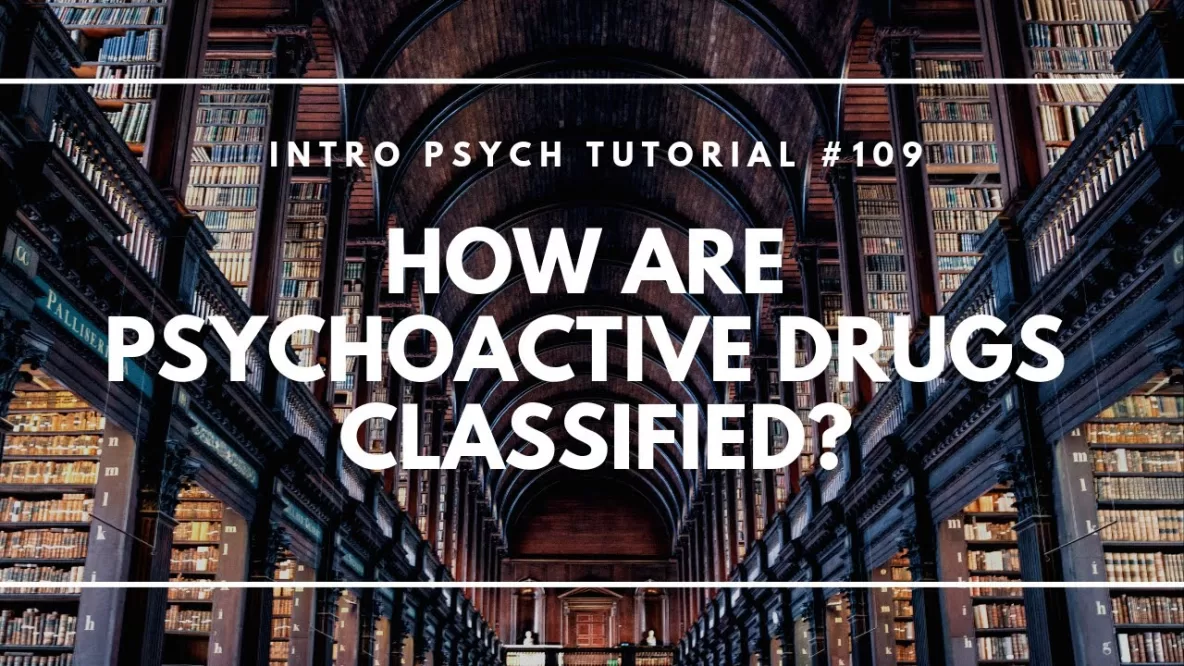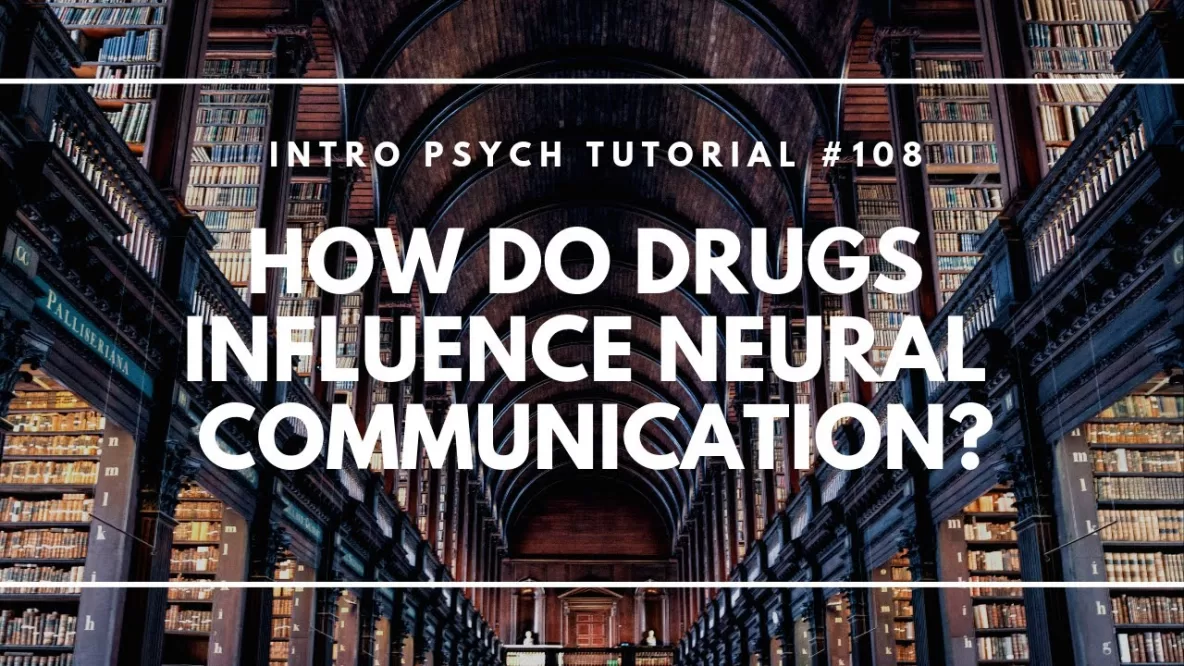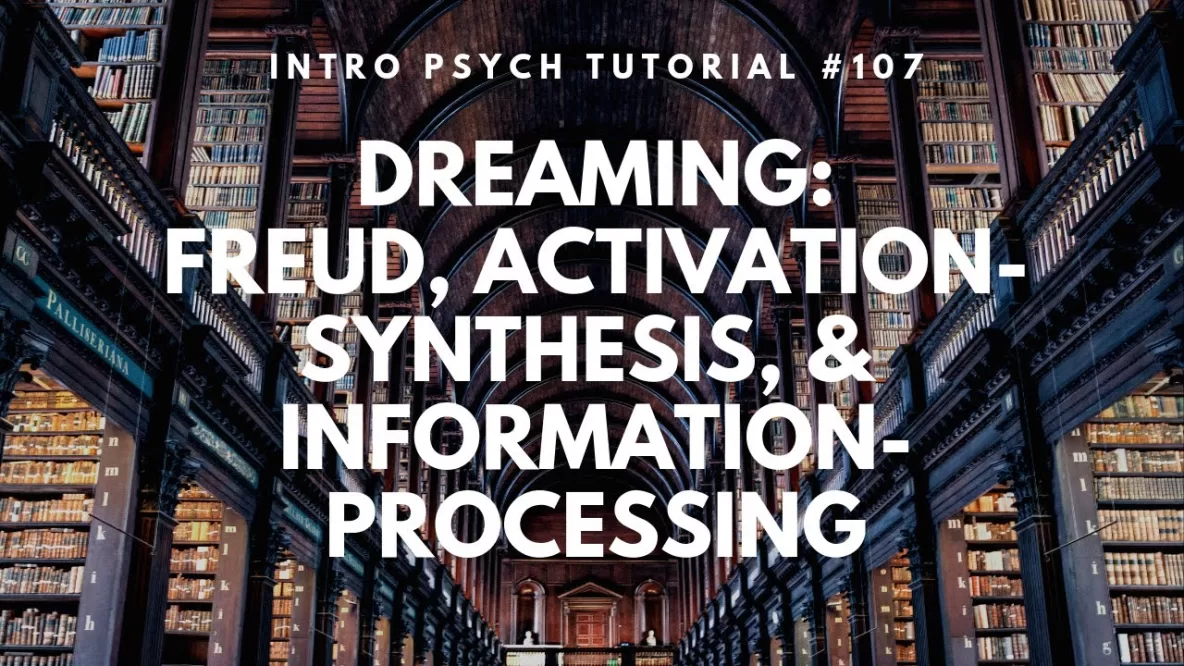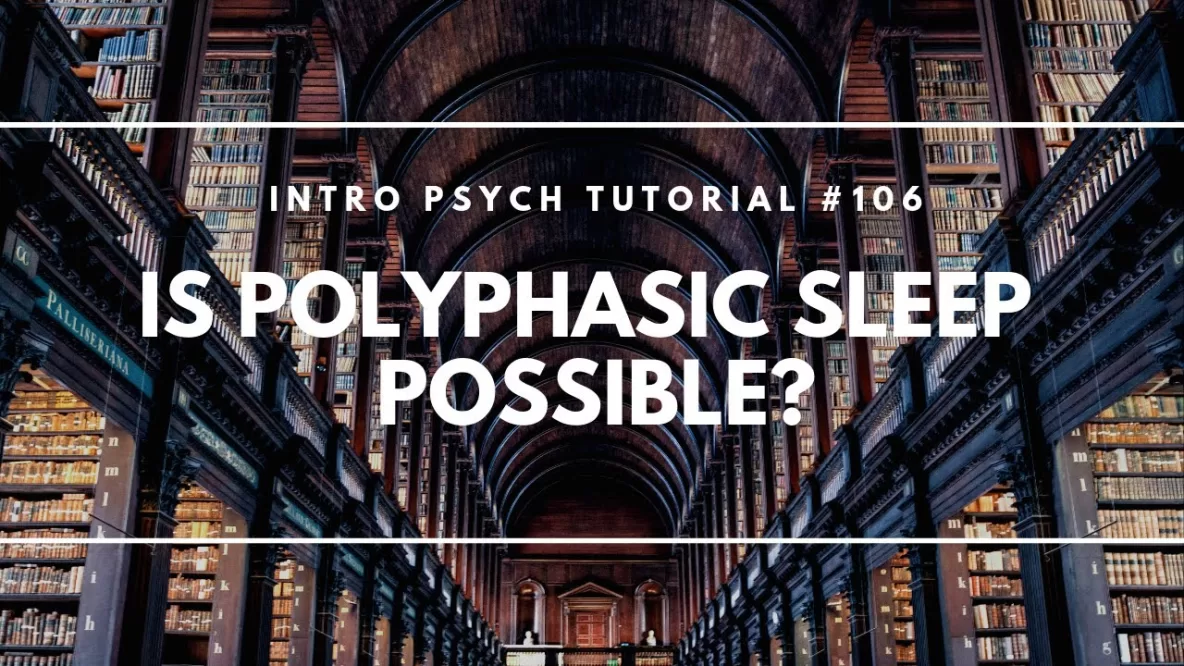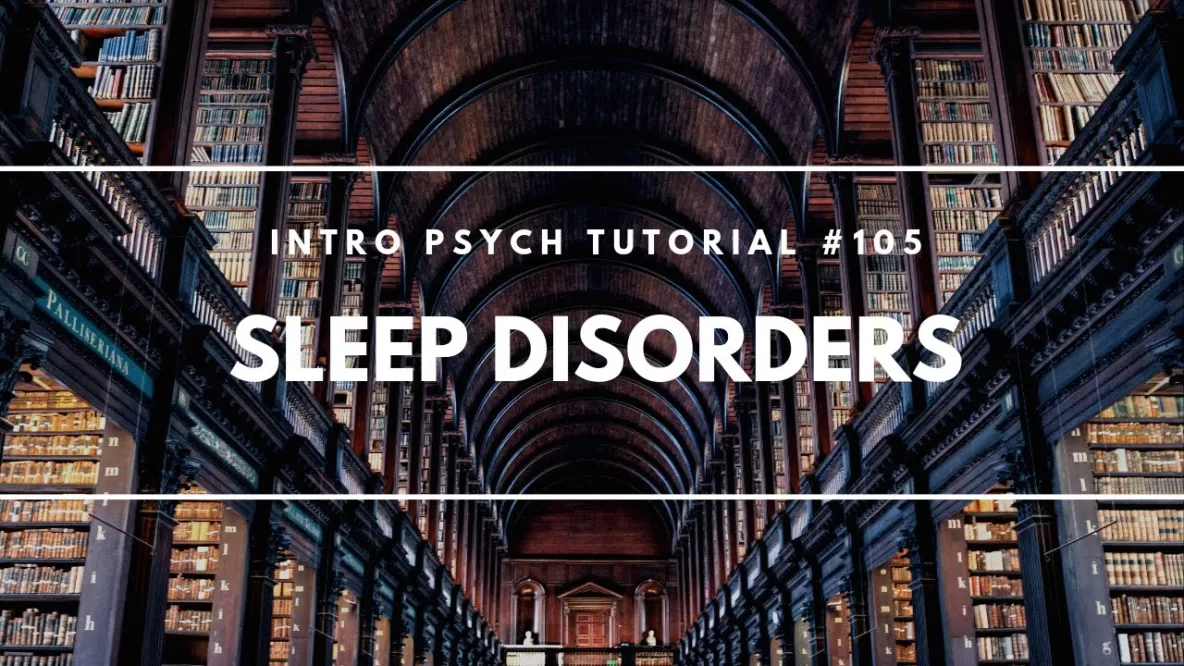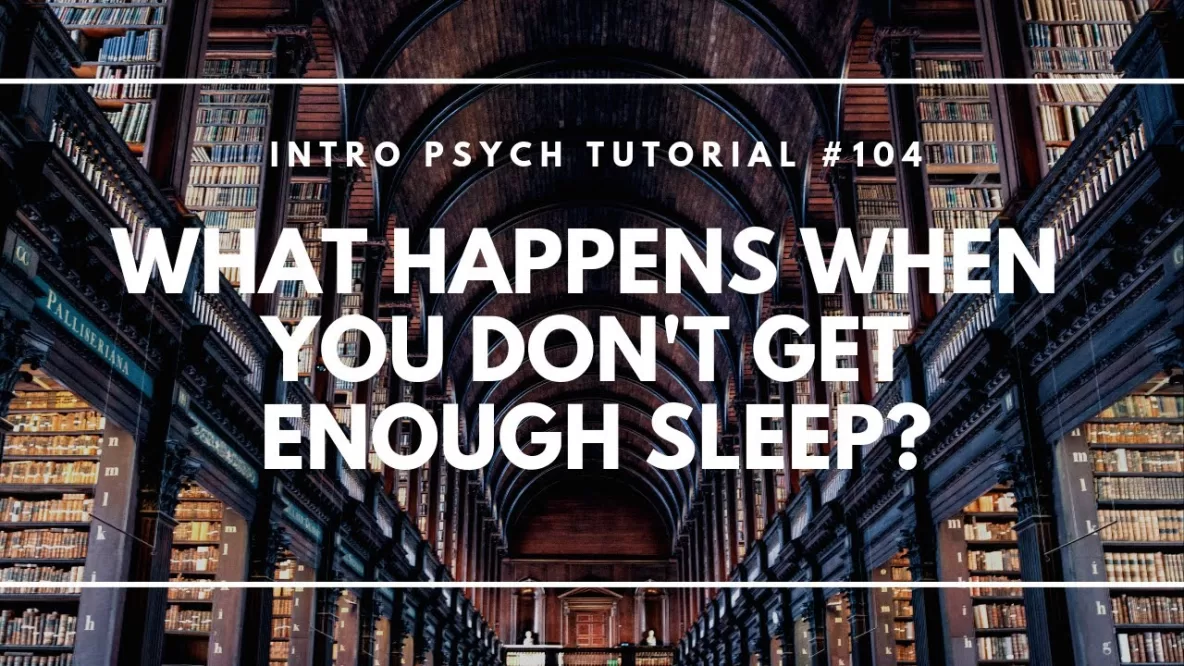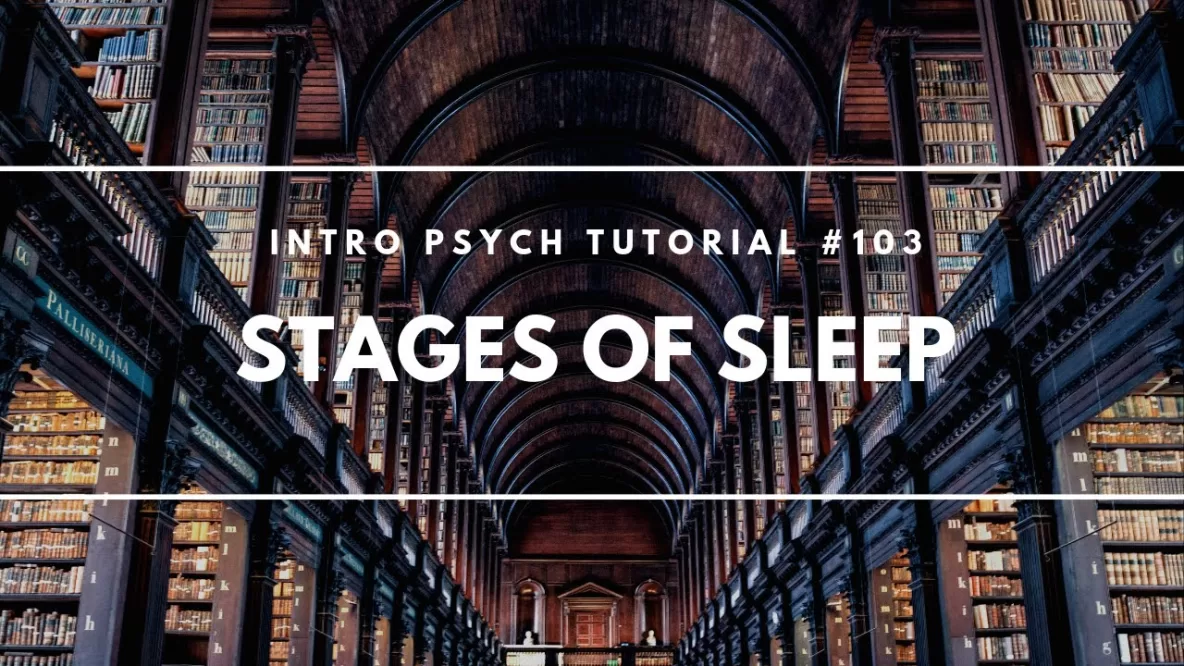This video covers 10 multiple choice practice questions on states of consciousness and includes concepts related to sleep, classifications of drugs, attention, dreaming, and more. I hope this can help you to review your knowledge and understanding, let me know … Read More
What is Meditation?
In this video I describe meditation, focusing on two types of practices: focused awareness meditation and mindfulness meditation. Focused awareness involves maintaining fixed attention on a particular object, sound, or mantra, while mindfulness allows attention to move freely without allowing … Read More
What is Hypnosis?
In this video I describe hypnotic induction and hypnotic suggestibility. Next I describe several applications where hypnosis has been shown to be effective (such as analgesia), as well as areas where it is not effective (accurately recalling “lost” memories). Finally … Read More
How Are Psychoactive Drugs Classified?
In this video I describe the 3 main classifications of psychoactive drugs: stimulants, depressants (including narcotics), and hallucinogens. I provide several examples of each drug type, the associated effects on the nervous system, and the relationship to concepts of neuroadaptation, … Read More
How Do Drugs Influence Neural Communication?
In this video I describe how psychoactive drugs can influence neural communication by passing through the blood-brain barrier and acting as either agonists or antagonists. The brain also responds to this influence via neuroadaptation which can create tolerance and withdrawal … Read More
Theories of Dreaming: Freud, Activation-Synthesis, & Information Processing
In this video I describe three approaches for thinking about dreaming; a Freudian perspective, the activation-synthesis model, and information-processing theory. Freud emphasized the role of the unconscious and believed that dreams could be divided into manifest content and latent content, … Read More
Is Polyphasic Sleep Possible?
In this video I describe the polyphasic sleep schedules often promoted by lifehackers as ways of reducing the need for sleep. Though these schedules originate from sleep research, they are intended for maintaining performance in situations necessitating chronic sleep deprivation … Read More
Sleep Disorders
In this video I describe the symptoms and treatment for several sleep disorders including insomnia, sleep apnea, sleepwalking, night terrors, sleep paralysis, REM sleep behavior disorder, and narcolepsy. Don’t forget to subscribe to the channel to see future videos! Have … Read More
What Happens When You Don’t Get Enough Sleep?
In this video I describe the effects of sleep deprivation. Sleep is about more than just rest, recovery, and energy conservation and it plays an important role in memory consolidation and integration of our experiences into a coherent sense of … Read More
Stages of Sleep
In this video I introduce the different stages of sleep and the brain waves associated with each. NREM Stages 1 and 2 are characterized by theta waves, while NREM Stage 3 slow-wave sleep is associated with delta waves. REM sleep … Read More

